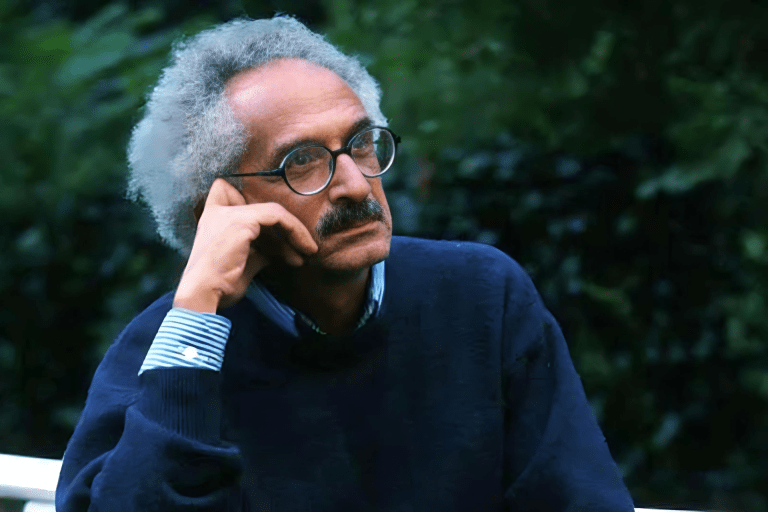Egypt has lost one of its most important storytellers. Sonallah Ibrahim, the legendary novelist whose books have shaped how generations see Egypt and the Arab world, passed away at the age of 88 after suffering from pneumonia. Known for his fearless honesty, Ibrahim’s works have been celebrated across the Arab literary scene.
Here’s a look back at some of his most unforgettable works — each one proof of why he was considered a living conscience in Arab literature.
Zaat
Equal parts biting satire and heartfelt social commentary, Zaat follows an Egyptian woman through decades of political change. Between chapters, Ibrahim drops in real newspaper clippings — corruption scandals, economic crises, and everyday absurdities — making the novel feel like a time capsule of Egypt’s modern history. The book’s popularity even led to a hit TV series starring Nelly Karim.
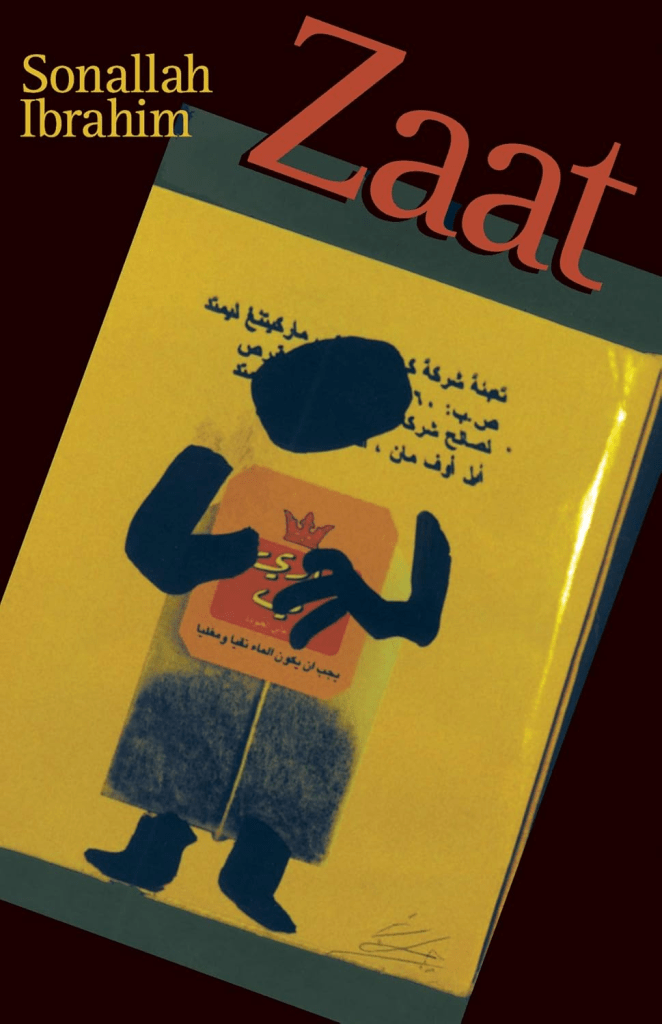
Charaf
In Charaf, Ibrahim doesn’t just set a scene — he drops you right inside the harsh world of prison. It’s a story that exposes the ugly truths behind global systems, from economic promises to how pharmaceutical giants profit off Third World countries.
Raw, unfiltered, and unforgettable, this novel is a cornerstone of Arabic prison literature and took third place on the Arab Writers Union’s list of the 100 best Arabic novels, published in 2001.

Ice
With Ice, Ibrahim takes readers far from Egypt, straight into the cold streets of Moscow in 1973. Through Dr. Shukri, an Egyptian academic abroad, he captures the everyday life of the Soviet Union while subtly unraveling the cracks that would lead to its downfall.
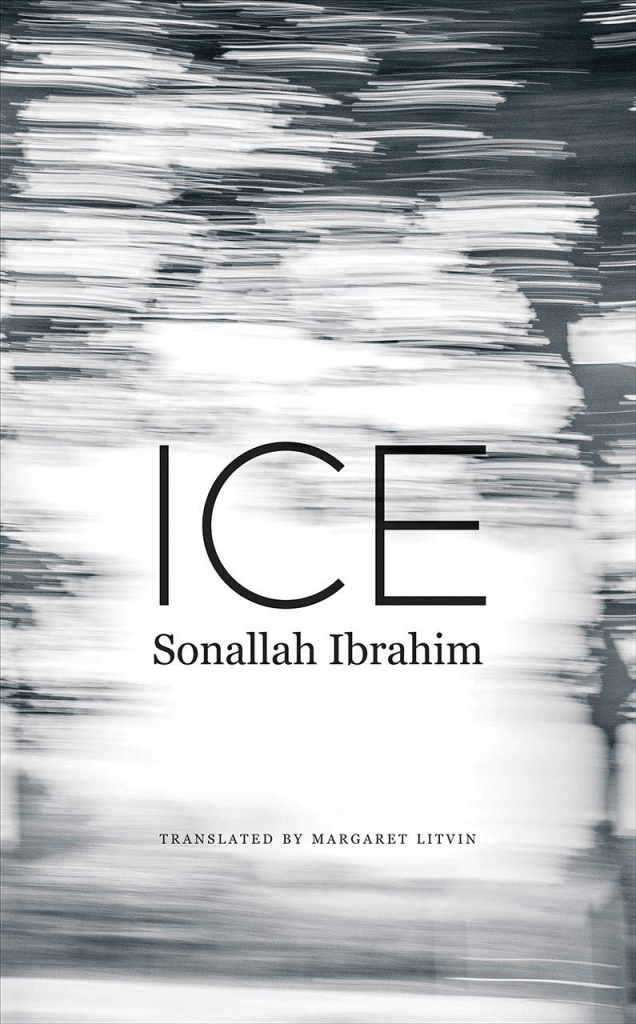
Beirut Beirut
Set during the Lebanese Civil War, Beirut Beirut follows a writer trying to make a documentary about the conflict, only to find himself tangled in the city’s contradictions — beauty and destruction, joy and grief, all existing at once. The novel’s voiceover-style narration makes it feel cinematic, like you’re watching Beirut’s history unfold in real time.
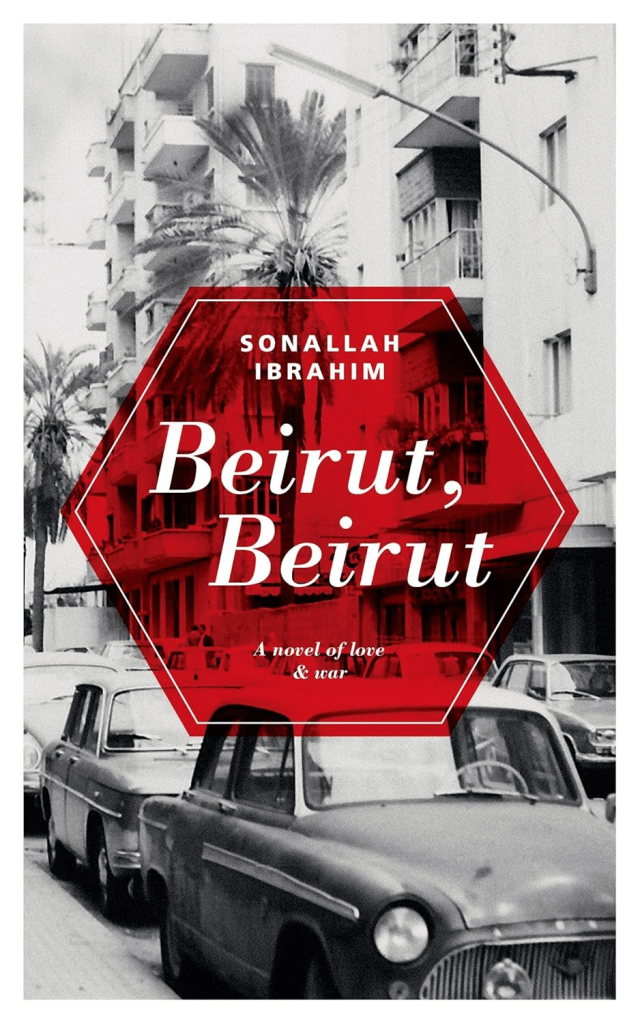
The Committee
A mysterious panel. An unnamed hero. Strange, humiliating tasks. The Committee is Ibrahim at his most surreal, using a Kafkaesque setup to explore power, control, and the suffocating grip of globalization. Every page feels like it’s daring you to decode its layers.
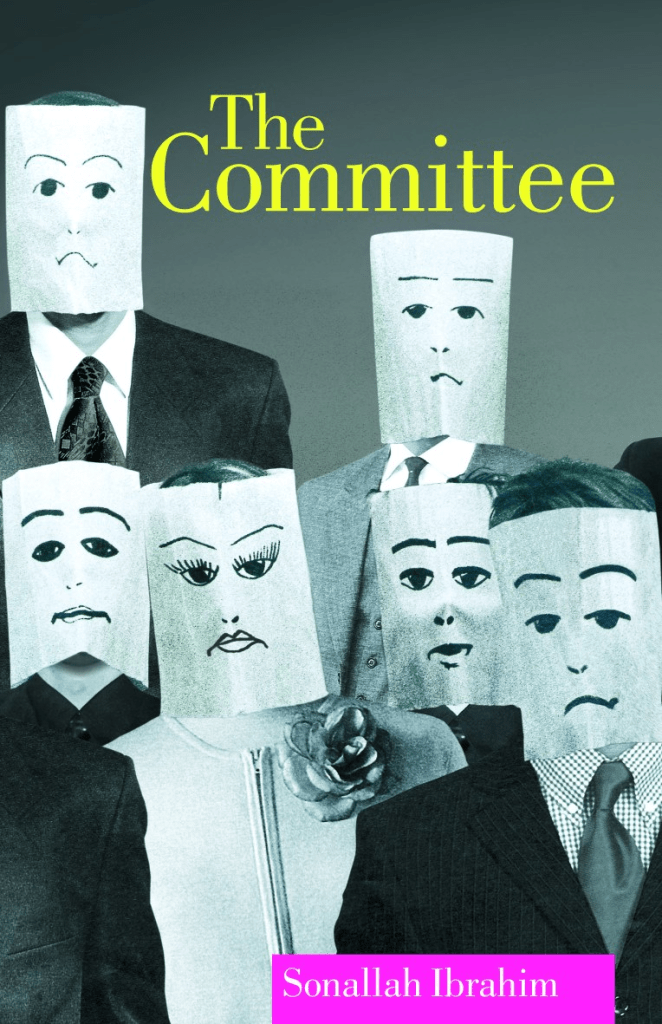
The Turban and the Hat
Travel back to the French campaign in Egypt (1798–1802) with this meticulously researched historical novel. Told through the diary of a student of the famous historian Al-Jabarti, The Turban and the Hat blends fact and fiction so seamlessly that you can almost smell the Cairo streets of the era.

A Legacy That Lives On
From political satire to historical epics, Sonallah Ibrahim’s works were never just stories — they were reflections of the times, mirrors held up to power, and deep dives into the human experience. Even with his passing, his words will keep speaking to readers, challenging them, and inspiring them for years to come.
WE SAID THIS: Don’t Miss...6 TV Shows You Probably Didn’t Know Were Book Adaptations


